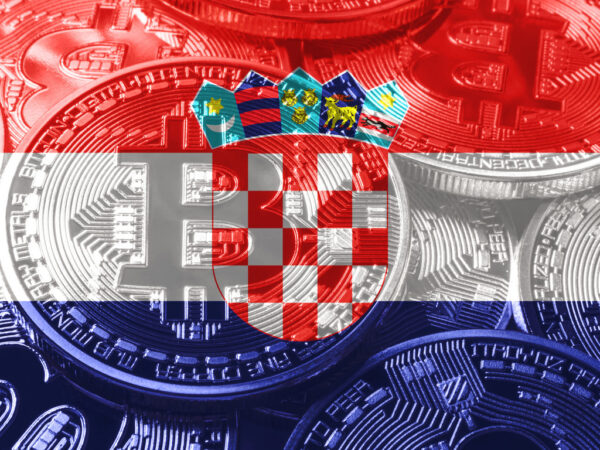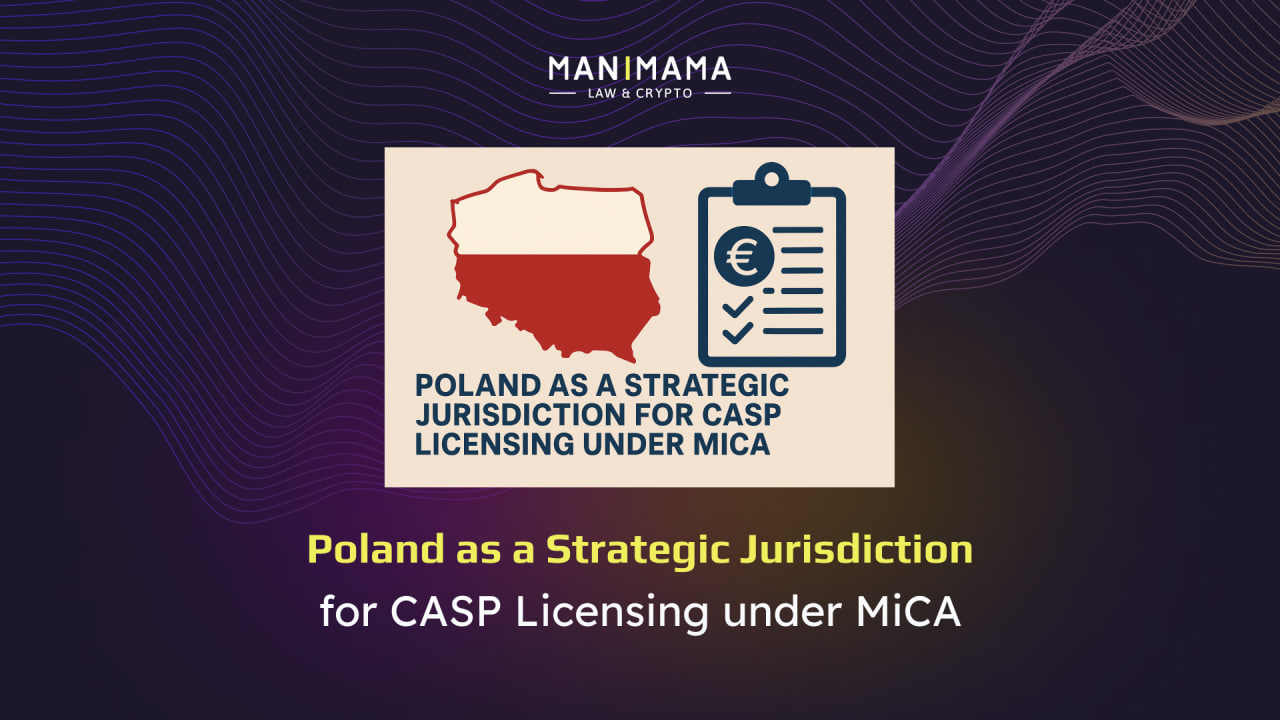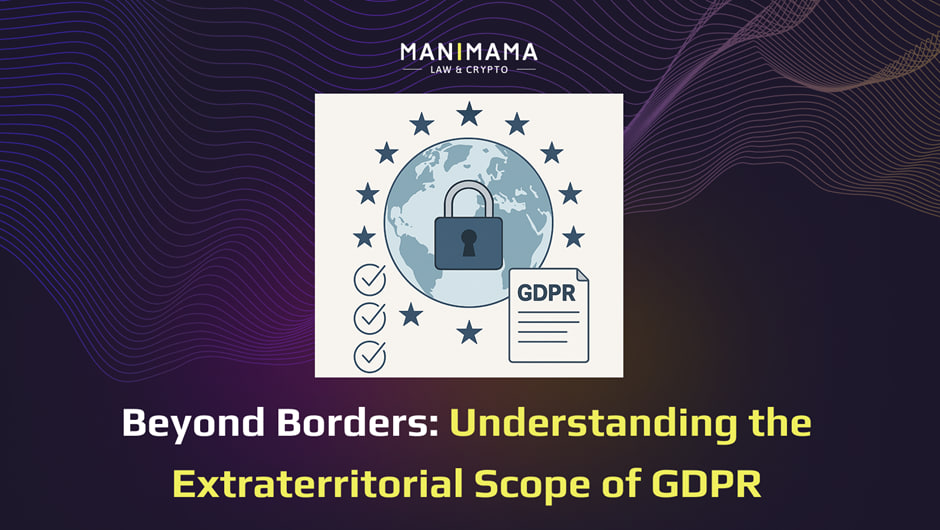The Land of a Thousand Islands
Croatia is primarily known for tourism, which reflects its economic component. Croatia's economy is based on the service sector, with the tertiary sector accounting for more than 60% of its total GDP. Tourism is the main source of income. This part of the service sector is responsible for creating most jobs and income in the country.
However, Croatia is not only attractive in the context of tourism investments – it is an open market that offers many opportunities for entrepreneurs and investors.
In recent years, the government has implemented many policies to create a favorable business environment in accordance with EU laws and regulations. Among the innovations is the regulation of virtual asset providers at the state level.
We have identified the following advantages of doing business in Croatia:
- socio-economic and political stability;
- qualified and highly educated workforce;
- beneficial tax rates for foreign investors.
However bureaucracy and corruption are one of the main drawbacks to doing business in this country.
Contemporary policies
In Croatia, there is no special legal act regulating virtual assets. In 2020, the Croatian government, as part of the implementation of the 5th Directive of the European Union, amended the Law on Combating Money Laundering and the Financing of Terrorism (Zakon o sprječavanju pranja novca i financiranja terorizma; (hereinafter: – “AML”), which marked the beginning of the regulation of cryptocurrencies in this country within the limits of prevention of money laundering.
Definition. According to the Anti-Money Laundering and Counter-Terrorist Financing Act, a virtual currency is a digital representation of value that is not issued and guaranteed by a central bank or public authority, which is not necessarily linked to a legal currency and has no legal status of currency or money, but is accepted by natural or legal persons as a medium of exchange, transmitted, stored and sold electronically.
The Croatian National Bank notifies that cryptocurrencies are not electronic money as defined by the Electronic Money Act.
Croatian regulators, like most other European Union member states, are of the opinion that cryptocurrencies do not meet the legal criteria to qualify as a legal tender or payment instrument. From a tax perspective – cryptocurrency trading would qualify as a financial transaction.
ICO. In Croatia, legal and regulatory frameworks specific to ICOs still do not exist. There is also no legal classification of tokens. However, cryptocurrency issuers in Croatia have to comply with AML requirements.
Licensing. The Croatian Financial Services Supervisory Agency (hereinafter: – “HANFA”) is the regulatory authority for cryptocurrency service providers. HANFA is authorized to supervise virtual currency exchangers and custodian wallet providers. The regulator monitors such entities in terms of the application of the Anti-Money Laundering and Counter-Terrorist Financing Act.
Currently, HANFA does not issue licenses to cryptocurrency service providers, however, entities must notify HANFA as the supervisory authority of their virtual and fiat currency exchange and/or custodial wallet service provision activities no later than 30 days after the date of company formation. Failure to comply will result in a fine.
HANFA has established a special crypto-registry. In fact, the entry of a company in the crypto-registry will mean that a person has been approved by HANFA and can legally operate in Croatia.
AML requirements
Pursuant to the Money AML Act, legal entities and individuals are subject to this law if they engage in any of the following activities:
- providing virtual and fiduciary currency exchange services;
- the provision of deposit services.
HANFA does not regulate cryptocurrencies themselves; instead, in order to prevent money laundering, the supervisory authority regulates intermediaries that trade in currency, such as cryptocurrency exchanges. HANFA requires these intermediaries to:
- conduct an in-depth analysis of the customer;
- conduct a risk assessment;
- monitor client actions.
A more detailed list of entities subject to the Act related to crypto transactions:
- holding and managing crypto-assets on behalf of third parties;
- management of trading venues (exchanges);
- exchange of cryptocurrency for fiduciary currency;
- exchanging cryptocurrencies for other crypto-assets;
- executing orders on behalf of third parties (brokers);
- offering and selling services (ICO);
- receipt and transmission of orders on behalf of third parties (brokers);
- cryptocurrency advisory services.
Taxation
Cryptocurrency holders should be aware of possible tax implications arising from their cryptocurrency transactions:
- cryptocurrency investors should be aware that cryptocurrency trading is considered a financial transaction in Croatia;
- income derived from the sale of a cryptocurrency is subject to personal income tax based on capital gains;
- Cryptocurrency holders are required to document their transactions.
Tax for individuals. The taxpayer who owns financial assets must calculate the capital gains tax based on the capital gains calculated, suspended and paid by the last day of February. The tax is payable on the difference between the purchase and sale price, less any trade costs. The tax liability arises when the cryptocurrency is disposed of or converted into fiat currency.
The tax is paid at a rate of 10% plus the tax of the city/municipality in which the person resides. Municipal tax rates can be seen at this link. (e.g. for residents of Zagreb the municipal tax rate is 18%, cumulatively 28%).
Tax for legal persons. When the sale is conducted as a company activity, the taxation can function in such a way that the difference between the selling price and the buying price is considered to be the income from the sale of the cryptocurrency. Consequently, income from the sale of a cryptocurrency may be subject to income tax at a rate ranging from 10%, to 18%, depending on the annual profit of the company. If the annual profit is more than 7.5 million Croatian kuna (EUR 995,000) – an 18% rate is payable.
Should we expect more regulation in the future?
Cryptocurrency regulation at EU level has a significant impact on Croatia’s legal system. Croatian regulators have no plans to change national policy on virtual assets.
The European Parliament is now adopting a bill on universal regulation of cryptocurrencies (Markets in Crypto Assets). The law will reportedly come into force in 2024 and will apply across the European Union without the need for implementation into national legislation. MiCA will introduce uniform regulation of virtual assets for all member states.
The content of this article is intended to provide a general guide to the subject matter, not to be considered as a legal consultation.
Photo credits











